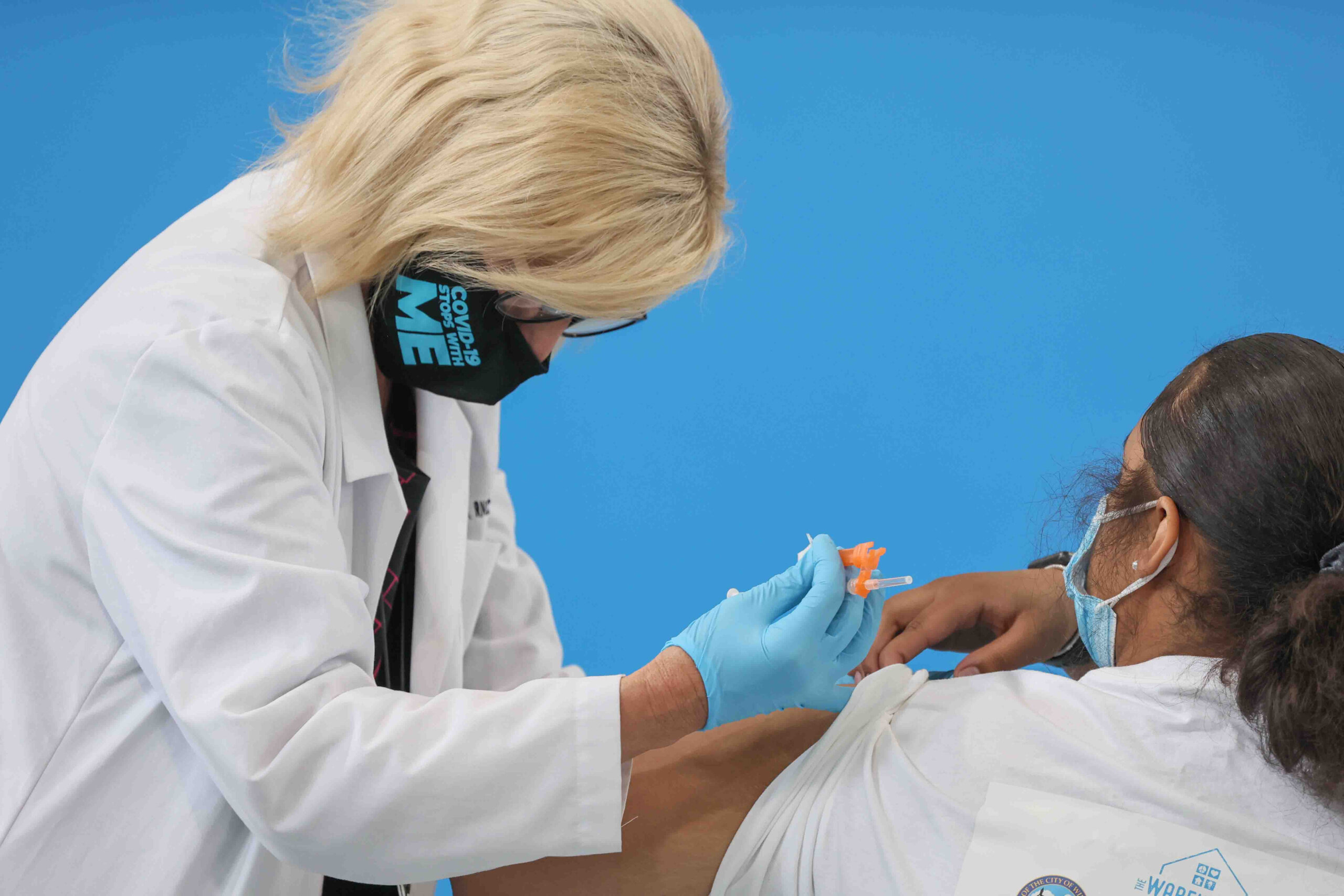First Decline in Delaware Overdose Fatalities in a Decade
April 4, 2024
DOVER, Del. — Delaware has witnessed a notable decline in overdose deaths for the first time in ten years. According to data from the Delaware Division of Forensic Science, there were 527 accidental drug overdose deaths in 2023, marking a 1.8% decrease compared to 2022.
Lt. Governor Bethany Hall-Long, a research scientist and Chair of the Delaware Behavioral Health Consortium, PhD, RN, expressed optimism about the progress while acknowledging the ongoing challenge. “As a public health nurse, I applaud this progress. We are optimistic our efforts are having an impact, but the fact still remains that we have lost too many Delawareans to this crisis. We have much work to do,” said Hall-Long. She credited the collaborative efforts of various stakeholders including grassroots advocates, nonprofits, government agencies, and family members for their commitment to providing effective treatment, prevention, and recovery models for Delawareans.

File Photo: Lt. Governor Bethany Hall-Long, a public health nurse to Delawareans joined Henrietta Johnson Medical Center, the Delaware National Medical Association, and the Delaware Medical Reserve Corps for a COVID-19 Vaccinations Event at The Teen Warehouse Sunday. May 16, 2021, In Wilmington. Photo By Saquan Stimpson
John Evans, Director of the Division of Forensic Science, echoed the sentiment of progress, stating, “The good news is for the first time in 10 years Delaware’s overdose fatality statistics show a decline. We are hopeful with our current partnerships, increased awareness, and prevention initiatives we will continue to make progress.”
Despite this positive trend, challenges persist, with more than 140,000 Delaware adults living with a substance use disorder. Furthermore, the state has observed concerning trends, including rising fatal overdoses and drug use in Black and Hispanic/Latino communities, as indicated by Delaware Division of Substance Abuse and Mental Health (DSAMH) statistics.
To address these challenges, DSAMH Director Joanna Champney emphasized a multifaceted strategy focusing on reducing stigma, expanding healthcare provider involvement in screening and treatment referral, ensuring access to medication for opioid use disorder, widespread Narcan distribution, and comprehensive addiction treatment services regardless of insurance status.
Policy and education efforts, coordinated behavioral health care, and increased funding have been key components of Delaware’s response to the opioid crisis. The Delaware Behavioral Health Consortium (BHC) has played a pivotal role in driving collaboration and addressing prevention, education, treatment, and recovery through a holistic approach.
Furthermore, the Prescription Opioid Settlement Distribution Commission (POSDC), a subcommittee of the BHC, is tasked with distributing over $250 million in opioid settlement funds to expand access to substance use treatment services. Lt. Governor Hall-Long, along with Attorney General Kathy Jennings, emphasized the importance of dedicated funding and a commitment to equity in combating mental illness and substance use disorders.
State leaders will continue to address these challenges and ongoing efforts to combat the crisis at DSAMH’s April opioid crisis briefing, with further details to be shared through a press advisory.

